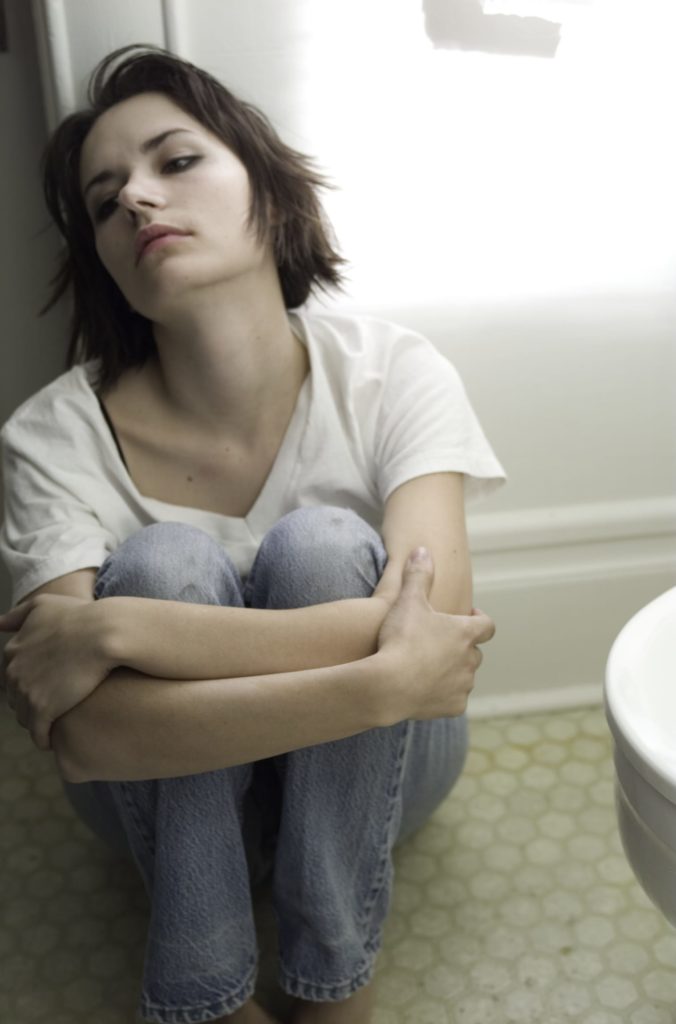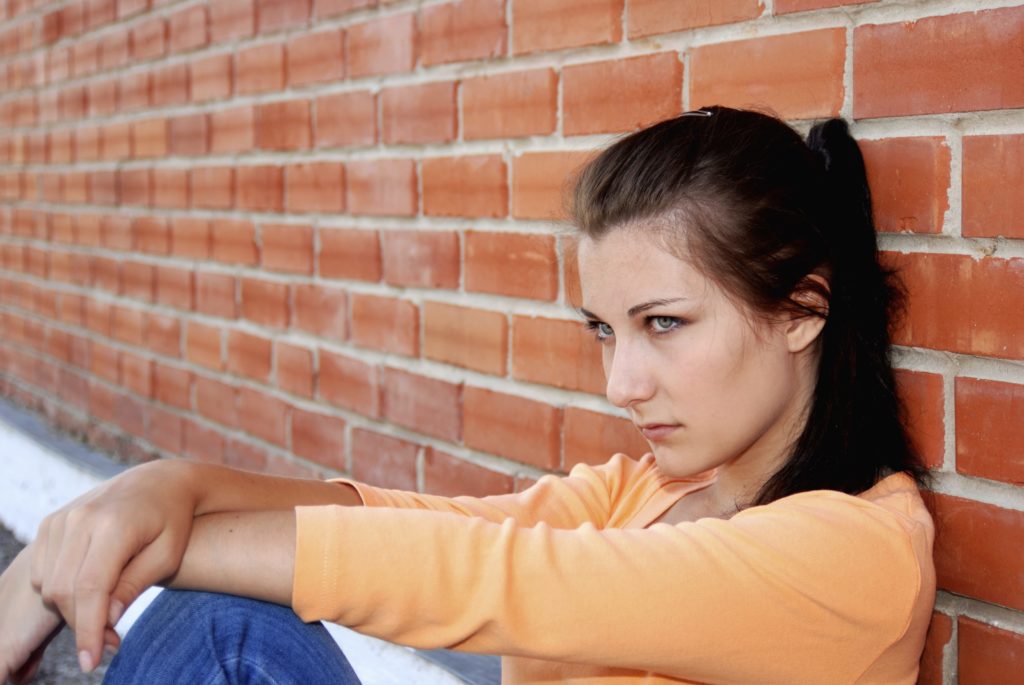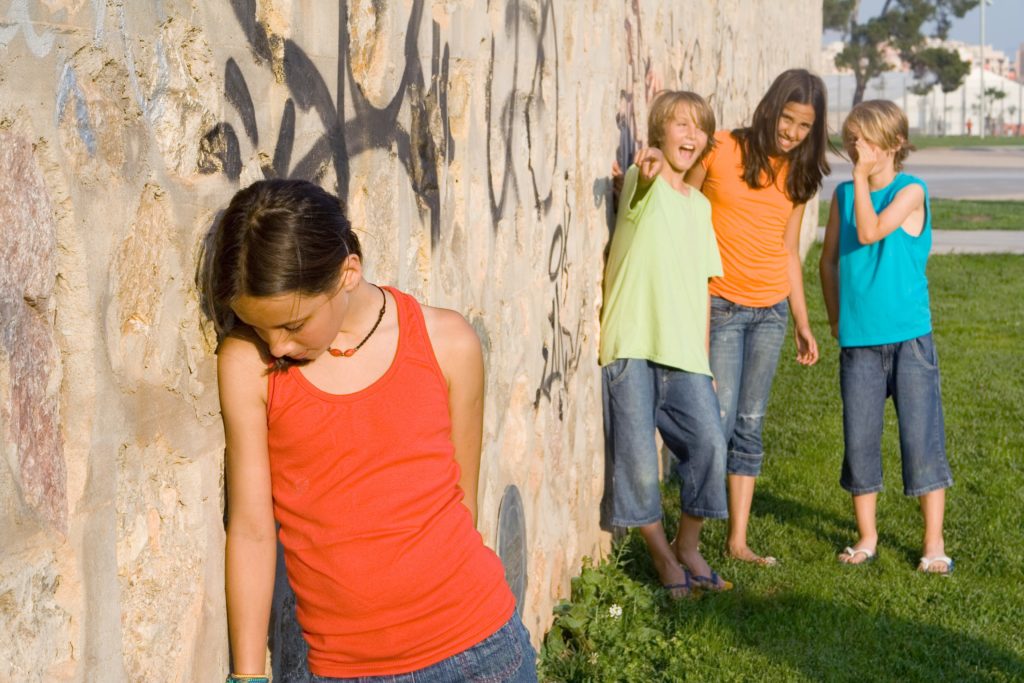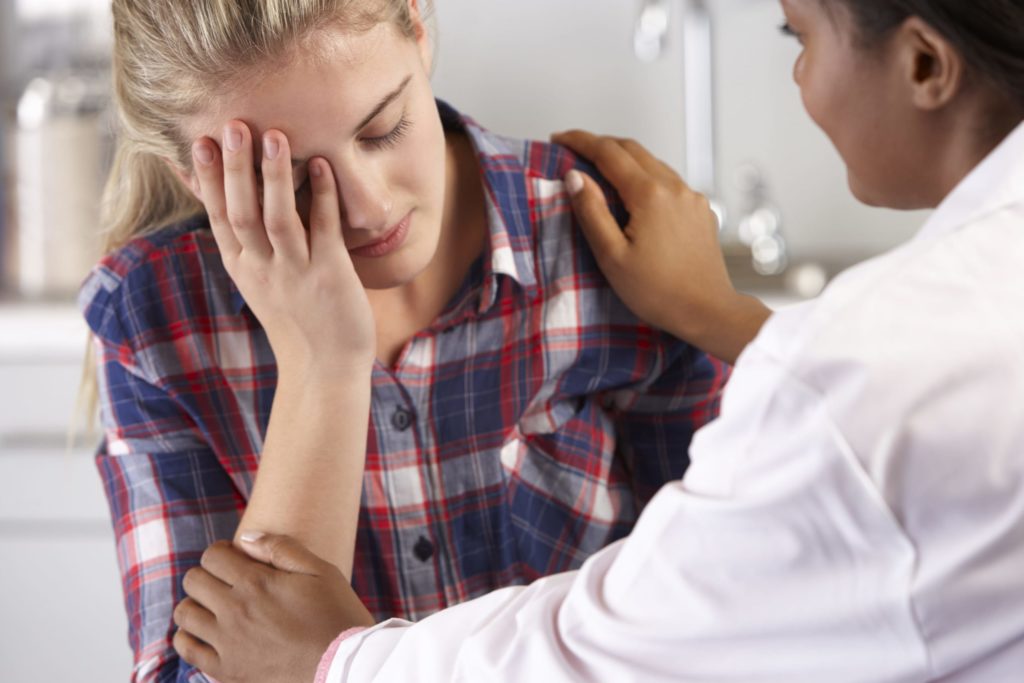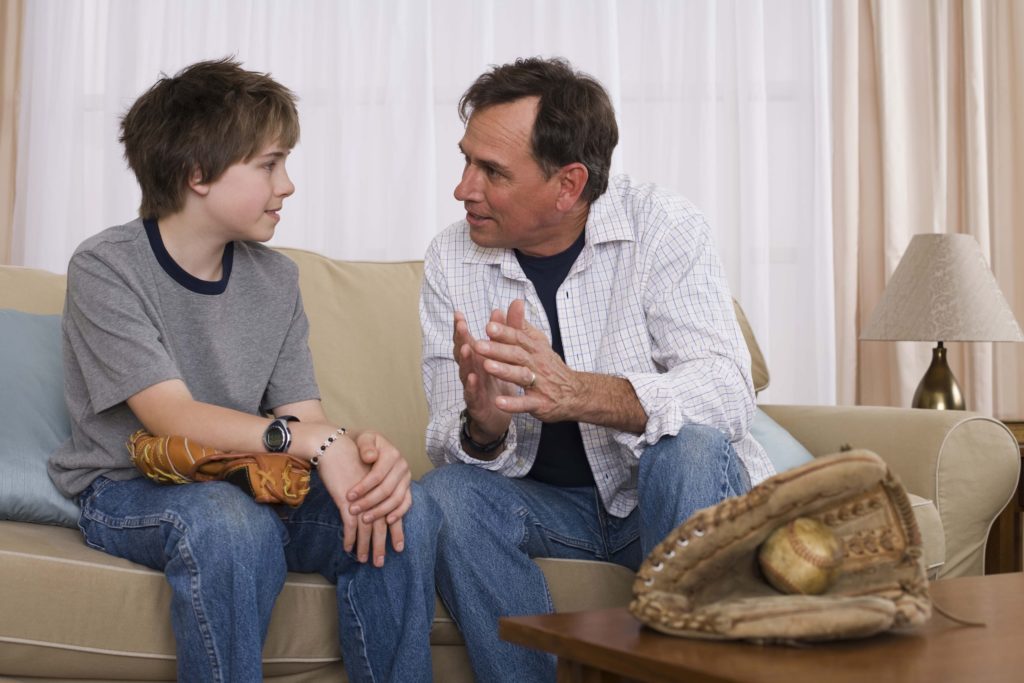Very few kids make it through their school years without passing through some period of feeling sad and blue. But clinical, also known as major, depression is more than childhood or adolescent angst. It is more than feeling down because a friendship has ended or family difficulties have arisen. Major depression generally lasts more than two weeks and usually interferes with the youth’s ability to live a normal life. The clinically depressed youth may complain of feeling sick, avoid school and cling to a caregiver or parent. The National Institute of Mental Health reports that 10 percent of young people will experience a depressive disorder by age 18.
Relapse Is a Significant Risk
Without adequate treatment the depressed youth may pass through multiple episodes of serious depression. Studies show that a youth who has experienced one depressive episode is much more likely to experience another episode. As many as 40 to 70 percent of children and adolescents with an initial period of major depression wind up dealing with the disorder at least one more time down the road, and multiple episodes are a strong predictor of future depression.
The Treatment Study
A recent clinical study involving 144 youth (ages 8 to 17) with clinical depression compared the effectiveness of antidepressant therapy combined with behavior-based counseling to antidepressant medication alone. Half the group was given antidepressant (Prozac) treatment for the first six weeks. Then, while still on the medication, they received six months (eight to 11 sessions) of cognitive behavioral therapy or CBT. The other half received only antidepressant therapy for the same period, with no behavioral counseling.
What Is Cognitive Behavioral Therapy?
CBT is based on the concept that thinking drives emotions and behavior. If wrong thinking patterns can be identified and corrected, then feelings and behaviors can be positively affected. The specific form of CBT used in this trial was Relapse Prevention Cognitive Behavioral Therapy. The counseling is highly individualized but also draws in family members. Chief emphases of the therapy include promoting wellness behaviors, preventing relapse and lowering residual symptoms.
Medication Alone Is Less Effective
At the end of the trial period, the rate of relapse among the participants who received antidepressants only was 26.5 percent. Among those in the group who received medication plus CBT treatment relapse was 9 percent. It is also important to note that the combination group took lower doses of antidepressant medication and nonetheless showed better outcomes compared to the youth who received stronger doses in the medication-only treatment group. It takes several weeks for antidepressant drugs to produce symptom relief. But this study shows that just erasing immediate symptoms is not enough to prevent a relapse. Helping young people to take control over how they think about their problems, struggles and themselves is a key protection against future depression.

